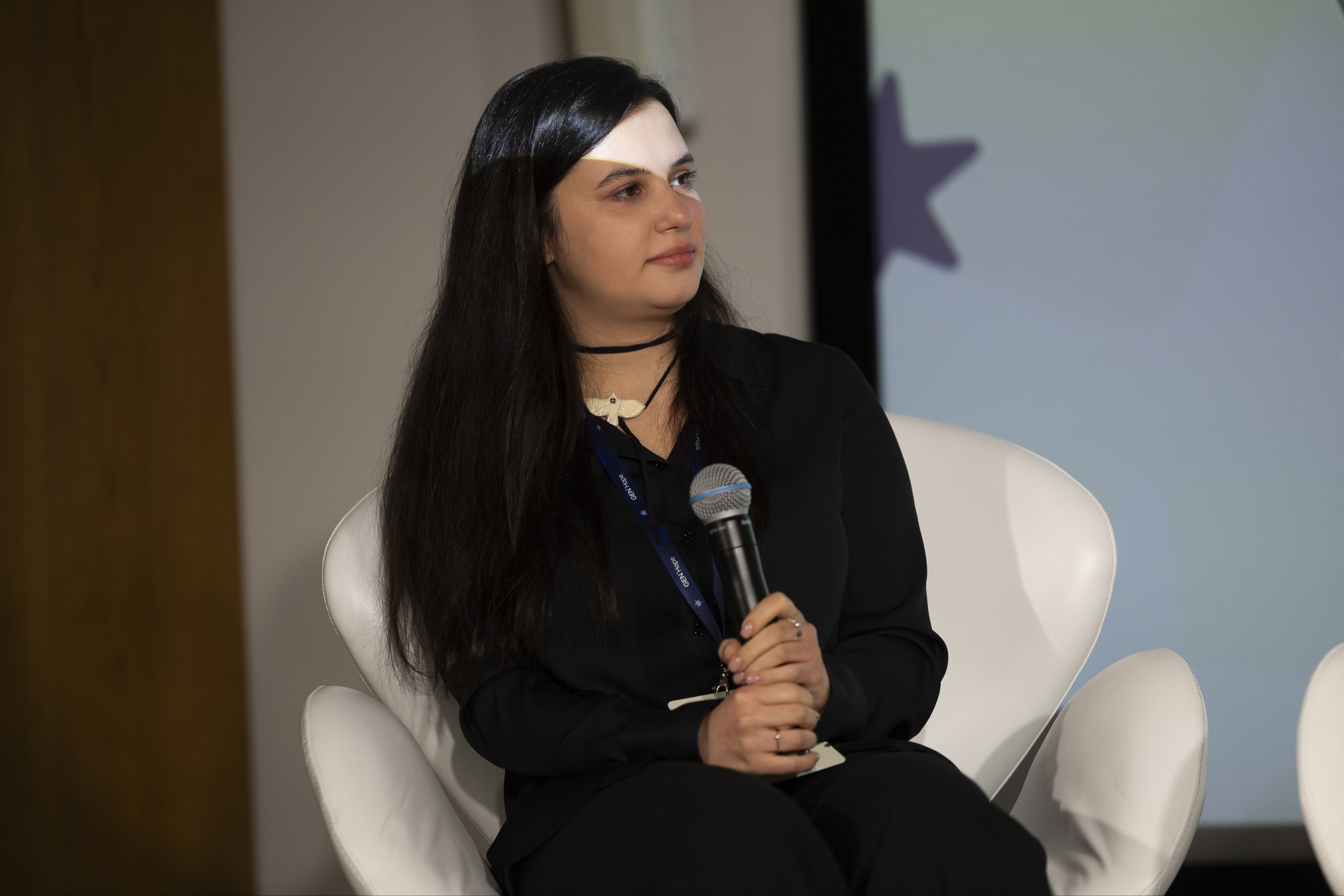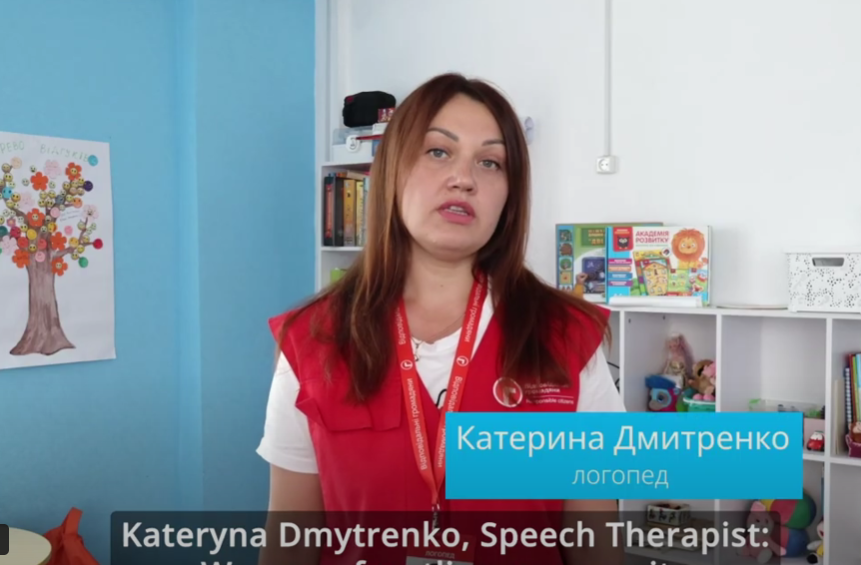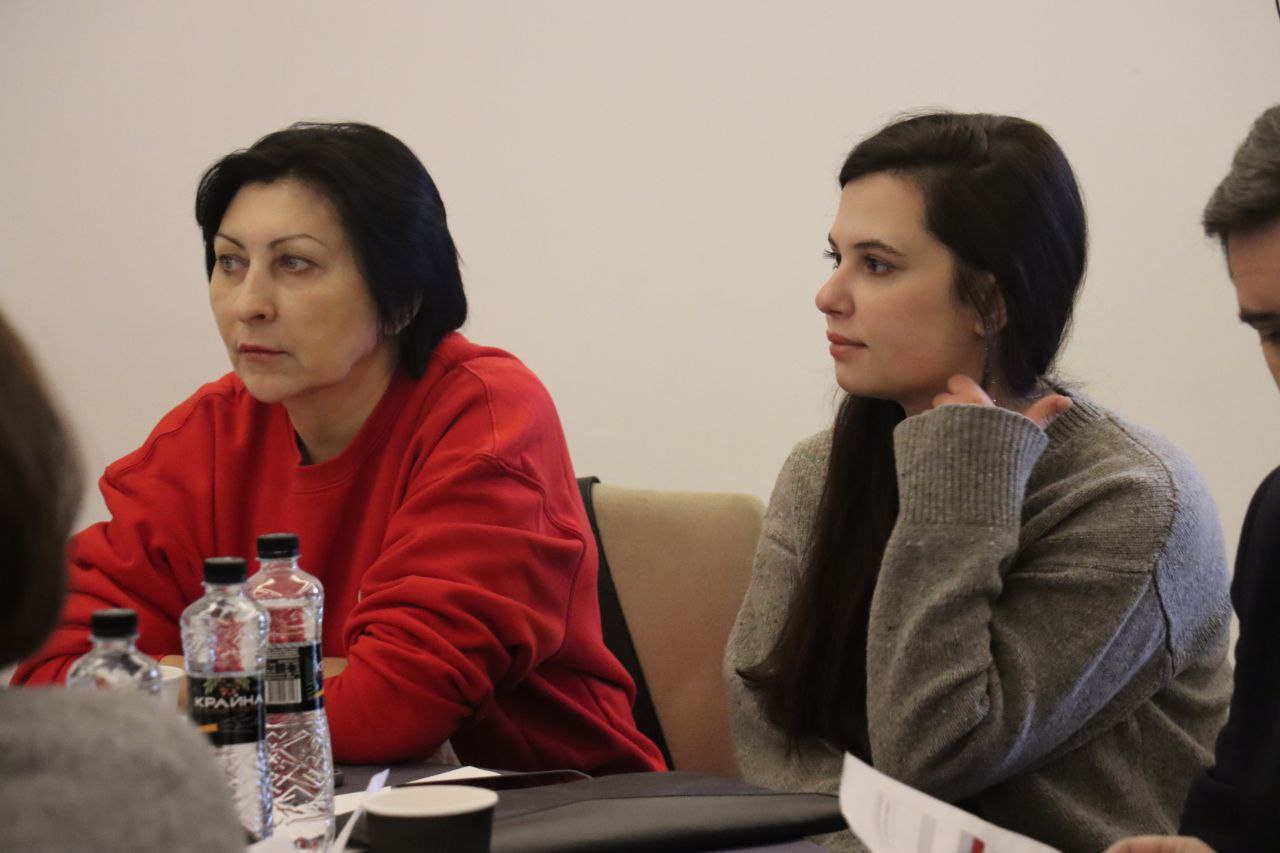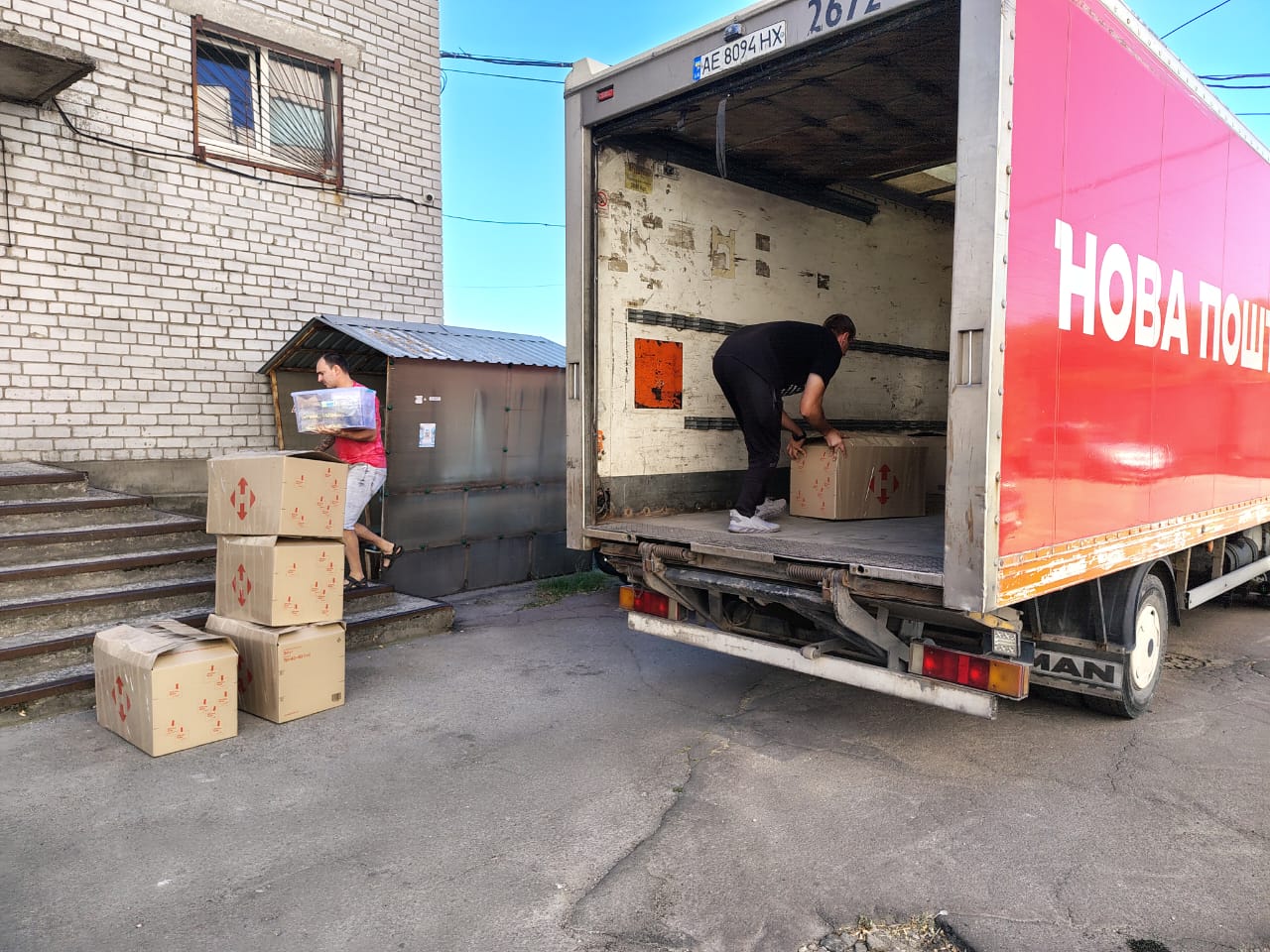Art as a lifeline: How mobile teams empower children in remote Ukrainian communities
10-year-old Daria lives with her mother, Hanna, in the village of Havrylivka, Kharkiv region. In this remote settlement of the Barvinkivska community, home to fewer than two thousand people, a mobile team from UNICEF and the NGO “Responsible Citizens” regularly visits. The team includes a social worker, a psychologist, and an art therapist.
Several times a week, mobile teams travel to hard-to-reach areas of the Kharkiv region, providing essential social and psychological support to families with children who otherwise have no access to such services. A key focus is helping children who study exclusively online and lack opportunities for extracurricular activities or psychological relief.
“My favorite thing is painting. I spend all my free time with my paints. I love creating pictures of people, animals, and my favorite characters,” Daria shares confidently. Now in sixth grade, she has been studying remotely for the past three years.
During one of their visits, the mobile team noticed Daria’s artistic talent and gifted her a set of paints, brushes, and sketchbooks. Later, they arranged for her to meet Lana Ra, a renowned Ukrainian artist, who now mentors Daria, helping her grow her talent.
“I dream of my daughter having more learning opportunities and for her biggest wish — to meet a famous artist — to come true,” says Hanna, Daria’s mother.
The team’s psychologists emphasize that creative expression plays a crucial role in helping children restore emotional balance and make progress in their studies.
The support offered by these mobile teams is vital for families in Eastern Ukraine, especially in communities close to the frontlines, where the threat of shelling is constant. Across the region, 52 mobile teams operate in 37 communities, providing life-saving assistance to families in need.
This initiative is part of UNICEF’s project in Ukraine, in partnership with the NGO “Responsible Citizens,” focused on delivering comprehensive services to families with children in remote communities.
Більше новин
-
 Career development training enrollment open
Career development training enrollment openThe NGO “Responsible Citizens,” in partnership with Mercy Corps and with support from the UK government, is offering opportunities for those seeking new...
-
 Olga Kosse at the “Generation of Hope” conference: on supporting children in frontline regions
Olga Kosse at the “Generation of Hope” conference: on supporting children in frontline regionsThe Head of the Board of NGO “Responsible Citizens,” Olga Kosse, took part in the “Generation of Hope: a future that is already growing” conference dedicated to the launch of the Gen.Hope Center of Leading Practices in child and adolescent mental health.
-
 Support in the frontline zone: Psychologists and specialists help families persevere
Support in the frontline zone: Psychologists and specialists help families persevereIn the frontline Malynivka community, war impacts every aspect of life, but the strength of unity and support helps children and families overcome challenges. The Child-Friendly Space, created with UNICEF Ukraine’s support, becomes a hub of hope and development.
-
 Taking part in strategic dialogue: How to improve support for those affected
Taking part in strategic dialogue: How to improve support for those affectedThe team of NGO “Responsible Citizens” participated in an event organized by Mercy Corps within the LIVES 3.0 program, supported by the Foreign, Commonwealth & Development Office (FCDO).
-
 Responsible Citizens team joins ASPIRE training for trainers
Responsible Citizens team joins ASPIRE training for trainersParticipation in the training marked an important stage of professional growth for the team and strengthened the organization’s expertise in sustainable organizational development.
-
 150 kg of Humanitarian Aid for Children in Three Regions of Ukraine
150 kg of Humanitarian Aid for Children in Three Regions of UkraineHumanitarian assistance continues to reach communities living under the difficult conditions of war. This time, thanks to the partnership with “Humanitarian Nova Poshta,” aid for children has been delivered in three regions of Ukraine.
-
 Join our training: addressing individual needs and conflict prevention
Join our training: addressing individual needs and conflict preventionThe NGO “Responsible Citizens” invites you to participate in an in-person training: “Meeting Individual Needs – From a Sense of Security to Confli...
-
 More than 100 families from Myrnohrad received support thanks to “Responsible Citizens” NGO
More than 100 families from Myrnohrad received support thanks to “Responsible Citizens” NGO"Your efforts for the safety of children deserve the utmost respect," — these words of support are most often heard by families who seek help from our specialists.